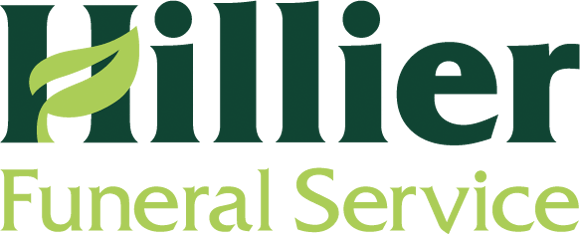You must register a death within five days of the register office receiving the Medical Certificate of Cause of Death (MCCD).
You should register the death with the registration service in the council area where the death occurred. If the death occurred in Swindon, you will need to book an appointment at Swindon Register Office.
You can check which council you will need to register with by using the council area look-up tool.
Please note:
The following places are not in the borough of Swindon:
Cricklade, Purton, Marlborough, Broad Hinton, Aldbourne and Royal Wootton Bassett – these are in Wiltshire.
Watchfield, Faringdon and Shrivenham – these are in Oxfordshire.
Before taking any action, the register office will need the Medical Certificate of Cause of Death (MCCD). This is issued by the bereavement office and sent directly to the register office in Swindon.
If it is difficult to go to the register office within the five days, you can arrange to present the information to any other register office. They will pass it on to the Swindon Register Office, which means the death is still registered in Swindon.
If the death has been reported to the coroner, you will not be able to register the death until the coroner has completed their investigation.
Who can register the death?
You can register the death if you are:
- a relative present at the death
- a relative present during the last illness
- a relative living in the registration district
- a non-related person present at the death
- the occupier of the premises, if aware of the death happening
- the person arranging the funeral (but not the funeral director)
- the partner of the deceased, providing you were living as partners in an enduring relationship at the time of the deceased person’s death
- a personal representative, with no strict legislative definition, but will be a person appointed by and acting on behalf of the deceased person’s family (such as a solicitor)
Other people may be able to register the death in certain circumstances.
If more than one appointment is booked by different informants to register the same death, the registration will be completed at the first scheduled booking regardless of when other appointments were made. All other appointments will be cancelled.
Meeting with the registrar
When you register a death, the registrar will meet you in private and ask questions about the person who has died. They will ask you to check the information entered in the register carefully and to sign that it is correct.
What they will need to know.
To register a death, they will need the following information about the person who died:
- Date and place of death
- Full name
- Maiden surname, if applicable (and information about other names used)
- Date and place of birth
- Occupation
- Address
- Full names and occupation of their spouse or civil partner if they were married or in civil partnership.
- NHS number or medical card (if possible)
- Details of any benefits or entitlements they were getting, such as state pension.
You will also need to tell them your name and address.
What you need to bring
You will need the following documents with you:
- The deceased’s birth certificate (if possible)
- The deceased marriage or civil partnership certificate (if possible)
- The deceased’s NHS medical card (if possible)
You will also be offered the ‘Tell Us Once’ service, which enables you to notify relevant local authority and government departments, for example electoral roll, Blue Badge, the DWP, HMRC and the DVLA, via one phone call or online form.

